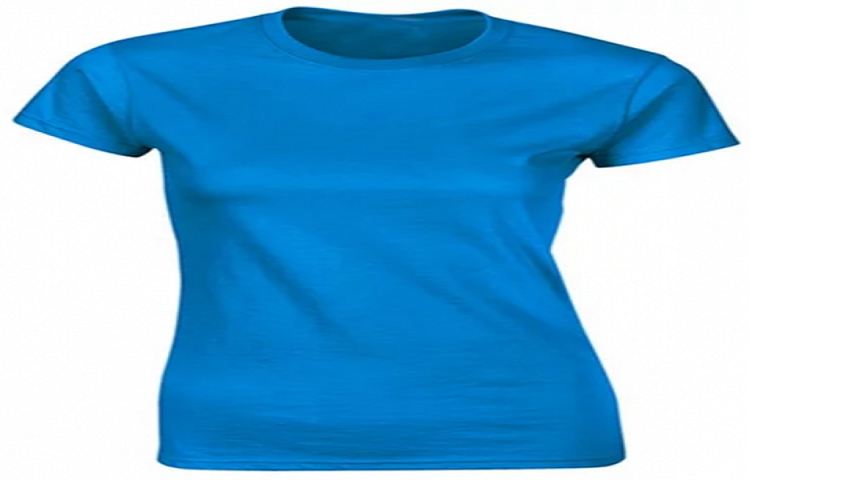
Well, now let’s talk about sustainable clothing. You may have heard some of these buzzwords: “eco-friendly,” “ethical,” and “slow fashion.” But is that all just some clever marketing, or is there something actually cool going on here?
Between that, and your life, and your struggles, and trying to figure everything out, honestly, it can get a little bit overwhelming. What the hell is sustainable fashion, anyway? Does this mean I have to throw my favorite brands away and wear hemp sacks for the rest of my life?
Here, in this blog, we are plunging into the depths of sustainable aaa replica clothing. We’ll weigh the pros and the cons — everything from the feel-good factor of shopping ethical brands to the potential downsides (like, let’s face it, often a higher price)
We’re going to see if sustainable fashion is a trend or a movement that could actually work. And most importantly, we’ll help you figure out if it’s something you want part of. Because it’s, at the end of the day, personal what you put on your body — but it’s also a choice that can have a larger impact than you realize.”
So, if you’re curious about sustainable fashion and want to make more informed choices about your wardrobe, you’ve come to the right place. Let’s get started!
The Pros of Sustainable Clothing
-
Better for the Environment
One of the biggest reasons people switch to sustainable fashion is its positive impact on the environment. Traditional clothing production is notorious for excessive water use, pollution, and waste. Sustainable brands focus on using organic materials, recycled fabrics, and eco-friendly dyes, reducing the overall carbon footprint.
-
Higher Quality and Durability
Ever noticed how fast fashion pieces fall apart after a few washes? Sustainable clothing, on the other hand, is often made with better craftsmanship and higher-quality materials. While the upfront cost may be higher, these pieces tend to last longer, saving you money in the long run.
-
Ethical and Fair Labor Practices
Sustainable fashion isn’t just about the environment; it’s also about the people making the clothes. Many ethical brands prioritize fair wages, safe working conditions, and humane treatment of workers. This means you can feel good about where your clothes come from.
-
Unique and Timeless Style
Fast fashion is all about trends that come and go in the blink of an eye. Sustainable brands often focus on timeless designs, meaning you’ll get pieces that won’t go out of style next season. Plus, many eco-friendly brands offer unique, artisanal clothing you won’t find at every mall.
The Cons of Sustainable Clothing
-
Higher Prices
Let’s be honest—sustainable clothing isn’t always cheap. Ethical labor, quality materials, and eco-friendly production come at a cost. While the investment pays off in longevity, not everyone has the budget to spend $50 on a T-shirt.
-
Limited Availability
Unlike fast fashion, which is everywhere, sustainable brands can be harder to find. Many ethical clothing companies are small businesses, so their selections might be limited. This can make it tricky if you’re looking for something specific.
-
Less Variety in Styles and Sizes
Because sustainable brands operate on a smaller scale, they might not carry as many styles, patterns, or size options as mainstream retailers. Some brands are working to become more inclusive, but there’s still progress to be made in catering to all body types.
-
Difficult to Verify True Sustainability
Greenwashing is a real issue—some brands claim to be sustainable when they’re really not. Without thorough research, it can be hard to tell if a company is genuinely eco-friendly or just using trendy buzzwords to sell products.
Conclusion
So, Is Sustainable Clothing Worth It?
Well, if you’re passionate about reducing waste, supporting ethical labor, and investing in quality pieces, it’s absolutely worth making the switch. However, if budget or accessibility is a concern, you don’t have to overhaul your entire wardrobe overnight.
The good news? You can start small! Thrift shopping, buying fewer but better pieces, and supporting truly ethical brands, when possible, can make a difference. Sustainability isn’t about being perfect—it’s about making better choices where you can.




Leave a Reply